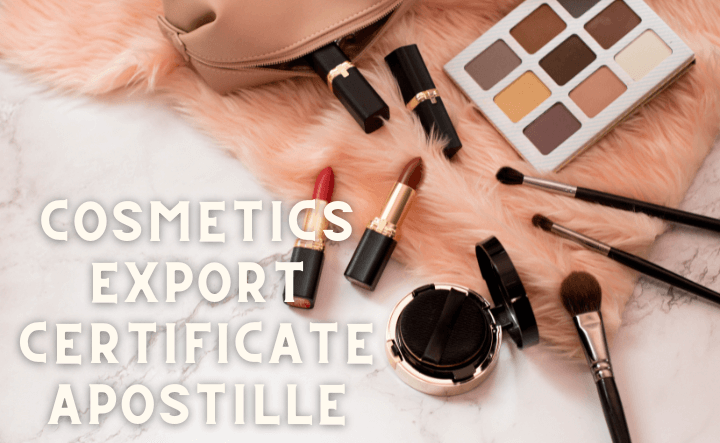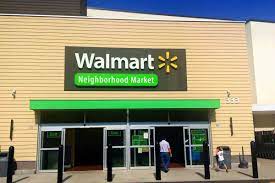The road to the White House has always been paved with dollars. However, in the 2020 presidential campaign, Mike Bloomberg has set out to cut off the other candidates with a wall built with a sum of money never spent in an election for the presidency of the United States.
Bloomberg, one of the world’s richest people, a media mogul and former New York mayor, entered the presidential race late, and with a lot of money, in an attempt to shake up the usual campaign strategy and unseat Donald trump He has promised to spend up to $1 billion out of his own pocket, though some reports suggest he could double that amount.
His fortune has allowed him to launch a campaign that is an incessant explosion of money. He is spending hundreds of millions on ads, has hired thousands of employees with unbeatable terms, and has built a political support network that is providing him with crucial help. In the Democratic Party primaries, his money has lifted him to the top and has left behind other rivals who for more than a year have struggled in what until now was a traditional campaign.
On Wednesday of last week, during a debate of the Democratic candidates in Las Vegas, Bloomberg was attacked by the other rivals, but the question remains: can you buy your way to the presidency by injecting an unprecedented sum of money into the United States history?
Sarah Bryner, research director at the Center for Responsible Politics, points out that money has always played an important role in US elections, but in the case of the Bloomberg campaign it is doing a decisive job. “It’s changing the boundaries of what’s possible,” he says.
During the first three months of the campaign, Michael Bloomberg spent $188 million. By the time he decided to run for the Democratic Party primary in November, the then favorite, Joe Biden, had managed to raise $59 million in 2019. The latest data obtained last week shows that Bloomberg has already spent $460 million.
Most of that nearly $500 million goes to advertising. Their ads cover the television markets and social networks in an avalanche of messages. This incessant rain of messages has a well-studied objective: it has spent 124 million dollars on ads in the 14 states that hold primaries on March 3, known as Super Tuesday, the date on which a large number of states choose their favorite candidate.
The Bloomberg campaign has been present anywhere relevant to potential American voters. Bloomberg took the unprecedented step of buying a $10 million, 60-second ad to run during the Super Bowl, America’s biggest annual sporting event. A few hours later, President Trump announced that he would do the same.
Give away rent and food, buy Internet users
But it’s not just ads. With his immense fortune, he has been able to design a campaign that feeds on large sums of money, in contrast to the budgetary limitations of most presidential campaigns.
Bloomberg pays the rent for some of the people who work on his campaign. His team has taken delivery of the latest iPhones and MacBooks and commands high salaries. At the events, potential voters receive free sandwiches of steak, smoked salmon and honey brie. The Wall Street Journal reports that the campaign has hired hundreds of Internet users in California to post positive information about Bloomberg on social media and to text their friends about the candidate.
Spending the most money doesn’t guarantee victory, but Ciara Torres-Spelliscy, author of Political Brands, says it’s incalculably important for a politician to reinforce their brand with voters. “The candidate who is willing to sell himself is usually the candidate who wins,” says Torres-Spelliscy.
Recent surveys confirm that the investment is paying off. Bloomberg entered the presidential race in November 2019 with 3% support. An NBC News/Wall Street Journal poll released last Tuesday shows that Bloomberg’s support is already at 14%, trailing only Bernie Sanders and Biden. In some states, like Florida and Oklahoma, he leads the polls.
That said, the truth is that the scant information available on how wealthy candidates fare in presidential elections does not bode well for Bloomberg.
In fact, in the 2012 and 2016 presidential elections, the candidates who spent the most money lost. Other ultra-rich who tried to buy their way to the presidency, like Ross Perot and Steve Forbes, failed miserably.
“You can have the phenomenon that the rich person is perceived by the voter as a one-member party,” explains Torres-Spelliscy, who is currently a law professor at Stetson University. “They have a lot of money to spend on their own campaign, but if they can’t connect with voters, they tend to fail.”
However, it is clear that the story of the rich running for the White House has a very recent success story: Donald Trump.
The cracks in the wall of money
As Bloomberg learned in his first debate with the rest of the Democratic candidates, being one of the richest men in the world doesn’t guarantee you’ll get what you want. The former New York mayor became the target of five other Democratic candidates and seemed nervous as they hurled scathing criticism at views and policies the tycoon has espoused in the past.
“By betting on Bloomberg as the Democratic candidate for the presidential elections, the party risks replacing one arrogant billionaire with another,” said the candidate and Massachusetts Senator Elizabeth Warren during her first speech in the debate. He reminded Bloomberg that in the past he has insulted women and members of the LGBT community.
Unlike most candidates who finance their own campaigns, Bloomberg has a political track record behind him. He was mayor of New York from 2002 to 2013 – after changing the regulations and managing to run for a third term. The other former mayor in the Democratic primary, Pete Buttigieg, of South Bend, in the state of Indiana, managed a city of just over 101,000 inhabitants. Sanders also began his political career as mayor of Burlington, Vermont.
The experience that being the mayor of one of the biggest cities in the world has given him should work in his favor. However, it is also giving him some headaches due to controversial measures that he defended during his tenure.
Days before Bloomberg announced his run for president, he apologized for the first time for the practice known as stop-and-frisk. During his tenure, these registrations increased and disproportionately affected the black population.
However, he has not apologized for the massive surveillance of the Muslim population carried out by the New York Police Department while he was mayor. Separately, a harassment lawsuit alleges he made inappropriate comments to female workers at Bloomberg, the media empire responsible for his $64.2 billion fortune.
It is unknown if all these controversies will reach the ears of the voters most exposed to the billionaire’s 30-second ads and if it will affect the support he receives from influential people in their communities.



